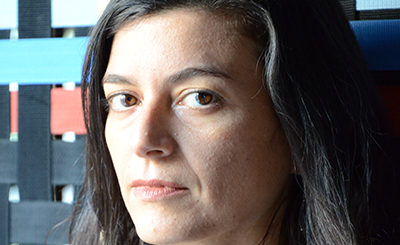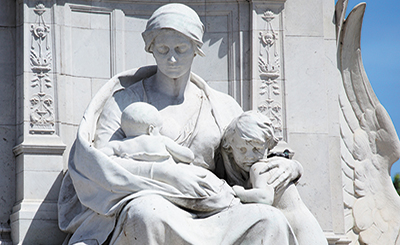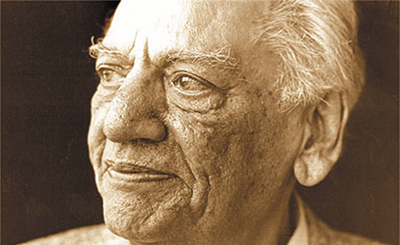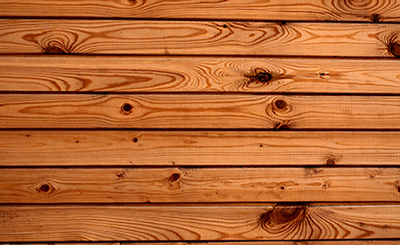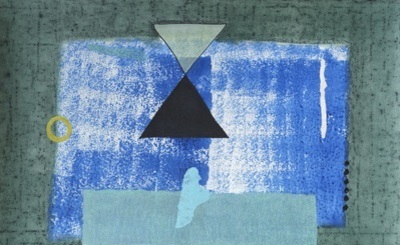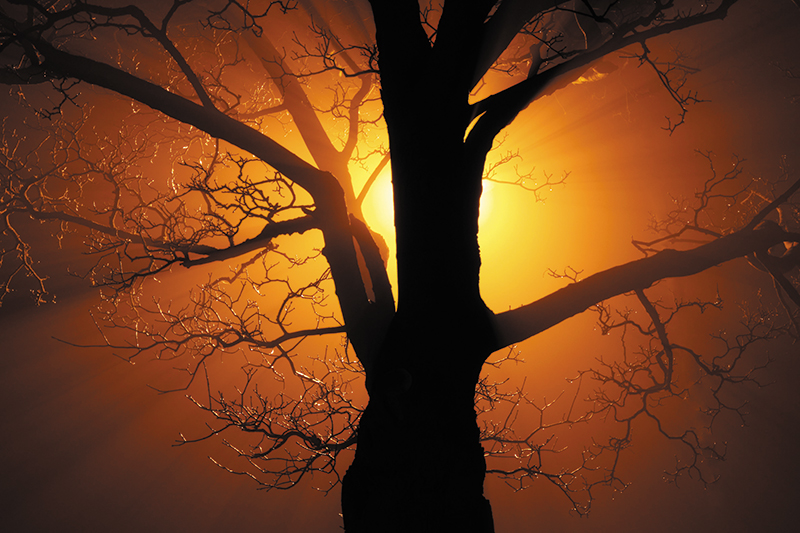
Day and Night
This was a day that came and went.
I don’t know how the day was spent.
The sun rose up and reached its height.
The sun went down and it was night.
Somehow the hours that passed between
Dispersed as if they’d never been
Though I attended every one
Till both the day and I were done.
Sleepless, exhausted and perplexed,
Not knowing what is coming next,
I sense the stab of causeless fears,
The tedium of pointless tears.
Lonely, yet lacking will to find
One who could ease my limbs and mind,
I wait once more for faceless day
To blind the peaceless night away.
The Shapes of Things
The shapes of things that are not here
Appear, disperse, and reappear:
A room, a face, a photograph,
A book, a letter or a laugh,
A turn of phrase or hand or mind,
Ungiven gifts you’ve left behind,
Each day recall themselves to me,
Altered into reality.
Things that are here and were before,
These too are altered at the core:
This pen, this bunch of keys, this chair,
The towel you used to dry your hair,
The song you sang whose words I knew
A year before I’d heard of you,
Even these hands, that felt your touch,
Though much the same, have altered much.
O gracious moon, I recall how last year
The Forms Lie on the Table
The forms lie on the table, the paperclip removed.
The animal-cycle table is unfolded.
"What’s your name?" I ask the staring boy.
The boy carefully spits on the floor, and smiles.
His grandfather puffs at his Double Happiness cigarette
And thinks of cement and lintels; he and his son
Are building a house, and forms are outside his ken
But he is polite and describes his expenditures.
The accountant’s door faces panels of green
As yet untransplanted rice. Three women pass,
Bearing the harvested rape. The old man sighs
And says, "My second brother was a pig."
"That makes him 45 years old"; I fill the space
With a Bic pen. The boy looks at it
With wonderment at its transparency.
A picture of Lady White Snake looks down from the wall.
The abacus clicks, a chicken strays into the room.
The old man says that the Japanese burnt and killed.
The accountant mentions the Guomindang conscriptions.
The boy has heard this before and strokes his chin.
A weasel runs along the embankment of the fields
And into the standing stalks. The golden goslings
Struggle into the pond. The oxen bolt
Towards the wheat despite the woman’s curses.
And there beyond the trees the Great River flows
And flows onwards and onwards and its rippled gold
Pours itself onwards past the mulberry hills
And the investigators and investigated and the black tiles
of roofs.
To the Moon
I came to this hill and watched you, full of pain,
And you hung there over that wood, just as
You do now and fill everything with light.
But nebulous and tremulous through the tears
That filled my eyes, your face appeared to me,
So troubled was my life; and is; nor has
It changed its style, beloved moon. And yet
It gives me pleasure to remember and
To count the stages of my sorrow. How
Pleasant it is, when one is young, and the path
Of hope is long and that of memory short,
To call to mind once more things from the past,
However sad, and though the pain endures.
Giacomo Leopardi
No Further War
We are the last generations; Surdas, Bach,
Rembrandt, Du Fu, all life, love, work and worth
Will end in the particular rain; no ark
Will screen its force, no prayer procure rebirth.
The government of nations is assigned
Sage, journeyman and lunatic by rota;
A couple of toxic madmen sting mankind
Each century; we won’t escape the quota.
Dead planet of an unimportant star,
Beautiful earth, whose radiant creation
Became too radiant, no further war,
No suffering, frenzy or recrimination
Will litter your denatured crust or mar
Your deepening entropy with agitation.
(Excerpted from Summer Requiem by Vikram Seth with permission from Aleph Book Company)
More from The Byword
Comments
*Comments will be moderated




